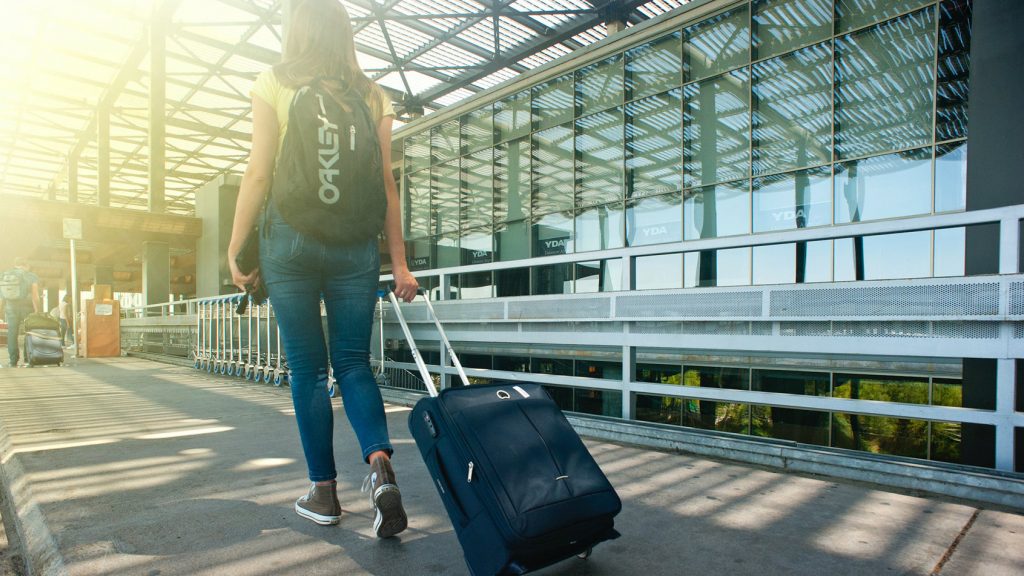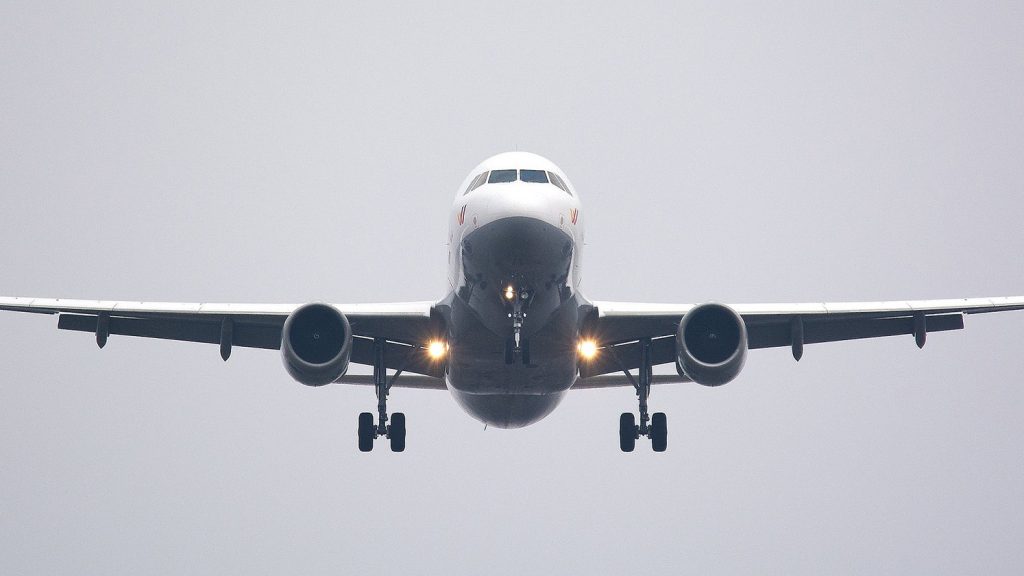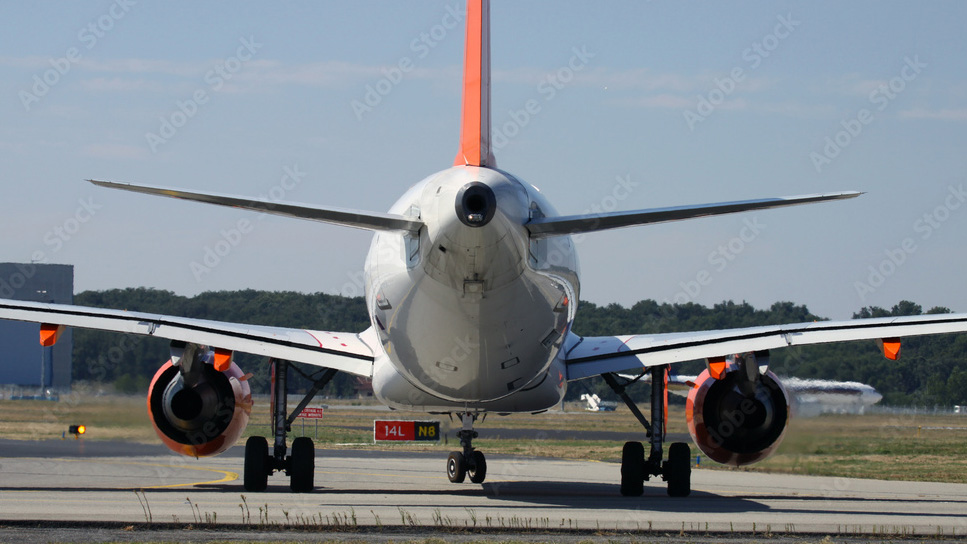As Cardiff Airport faces financial losses of over £4.5 million, what would its loss mean for the Welsh Capital?

According to a report published last week. Cardiff Airport is making massive losses of approx. £4.5 million a year as it has struggled to attract passengers in the last couple of years.
With its competitor Bristol Airport just 62 miles away, Cardiff Airport saw only about 150,000 passengers annually since the end of the Covid-19 pandemic as opposed to Bristol’s 9.8 million in 2023.
“I hardly find any useful flights operating from Cardiff and even if I do, they are astonishingly expensive,” said Cardiff resident James Howard who is a frequent traveller across the UK and some of the Schengen areas.

Originally from Australia, James travels through the UK working as a field service engineer based in the Welsh capital. For his quick trips through England, Scotland and Wales, he chooses to take short flights operating to local airports in UK cities.
“Since the pandemic, I have opted for Bristol to take most of my flights, it’s cheaper and though it is comparatively farther. I have realised it is a way smarter choice to take these short flights to nearby places,” he said, indicating how distance is a major factor in Cardiff Airport’s failure.

In addition, lack of choice is driving passengers across the Severn to its main rival. Bristol Airport has over 15 airlines operating, with over 70 departures each day, according to Trip.com. On the other hand, Cardiff Airport has only seven airlines working with just half the number of departures every day.
“I normally opt for airlines such as easyJet or TUI to travel around the UK and some nearby places, but Cardiff Airport does not have those options,” said James. “I mostly see airlines such as KLM operating which are not much of use to me really,” he laughed.

With just 7 airlines operating, Cardiff Airport is becoming a far less attractive choice – popular airlines Qatar and Wizz Air recently pulled out of the airport citing high operational costs.
“Though Cardiff Airport is just about 13 miles, I would always choose Bristol Airport to take my frequent flights even though it’s 60 miles from Cardiff. Getting to Cardiff Airport from Barry is always a huge headache,” said Linda, a Cardiff resident.
The Welsh Government bought Cardiff Airport in 2013 for a price of £52 million and has since seen significantly fewer passengers, even below smaller regional airports such as Norwich, Bournemouth and Exeter. Despite being the 20th largest airport by passenger volume in the UK, it is used by just 0.2% of all air travellers in the country.

“Since it purchased the airport, the government has only focused on renovation of the terminal buildings instead of paying much attention to the maintenance of roads and railway lines which take passengers to the airport,” said Tom, an employee at the airport who witnessed the steady drop in passengers.
According to Li Xing, a Business PhD candidate based in Cardiff, Cardiff Airport could face further losses shortly which could have other major unfavourable effects.
https://www.instagram.com/p/C0mcuVwBhvP/?hl=en
“The airport contributes about £240 million profits to the economy and a possible closure of the airport could come to look like a call for help,” he said. “Moreover, it would result in huge job losses in the aviation industry with thousands of people standing unemployed.”

Yet a potential closure is being welcomed by Extinction Rebellion, the global environment movement founded in the UK, arguing that the country needs even fewer airports to effectively tackle climate change.
“Yes, of course, we need fewer airports. But we can’t take this in isolation. Whilst Cardiff Airport may be closing, Bristol and Southampton are expanding and the UK government is approving more than 100 licences for oil and gas exploration in the North Sea,” said Robert Gordon, a representative of Extinction Rebellion’s Animal Rising.
“If we want to take the climate crisis seriously, we need to deal with these issues systematically,” he said. “That means weaning ourselves off fossil fuels; an urgent transition to renewable energy; and transforming our food system away from inefficient and ecologically destructive animal farming and fishing.”
A map showing airports in the south-western region of the UK.
